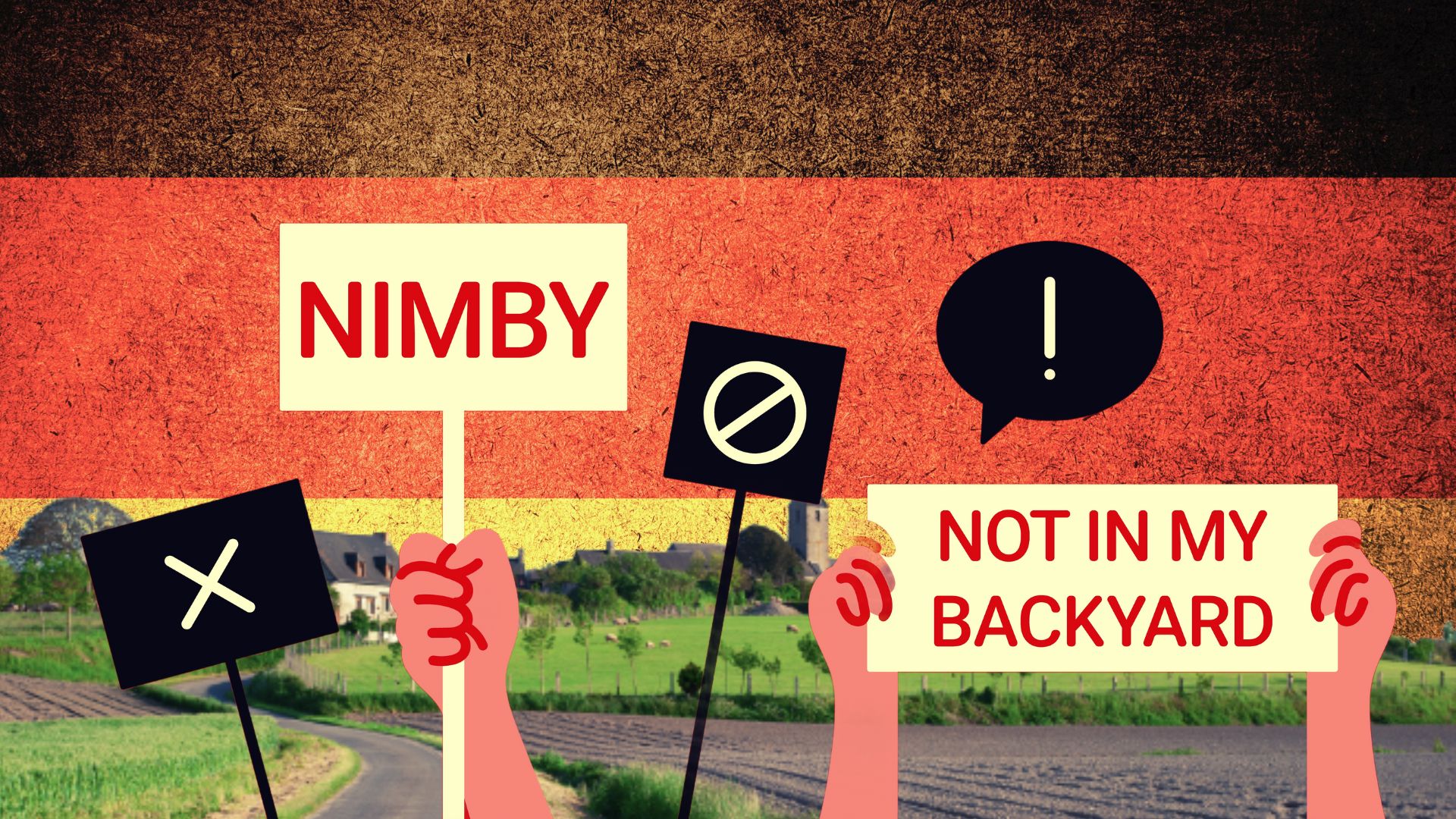A Green Party politician from Bavaria may have not gotten the memo that his party wants even more migrants for Germany, as he is currently leading a fight against 130 migrants scheduled to arrive in his village of 280 citizens.
Green politician Wolfgang Köster, a board spokesman for the local association Dietramszell-Egling, has taken the unlikely lead role in the fight against the asylum container camp for his village of Bairawies. He attended a protest involving 170 citizens who are against the new migrants, a sizeable number for a village of only 280 people. Not only that, but he even founded the citizens’ initiative “Bairawies aktiv!” to organize against the asylum home.
Köster is not necessarily against more migrants coming to Germany, he just takes issue with them coming to his village. When asked by Bild to explain his stance against the refugee accommodations in contrast to the open borders policy of his party, he stated: “I am convinced that we can help the refugees. It is difficult, it is costly, but it can be successful. There is no doubt that this includes decent accommodation and functioning care. Neither would be the case in Bairawies.”
Bavaria's center-right interior minister Joachim Herrmann has blamed an increasing migrant population for the concerning spike in crime across the German state.
"The crime statistics make it clear that uncontrolled immigration is having a negative impact on security." pic.twitter.com/qWzlwQORSq
— Remix News & Views (@RMXnews) March 20, 2024In English-speaking countries, there is a term for people like Köster: NIMBY, which stands for not in my backyard, and usually applies to hypocritical liberals who preach one thing and practice another. NIMBY people usually come from wealthier neighborhoods and support diversity in “theory,” but do not want it where they live.
During protests over the weekend, he said that “it would be as if Munich got 750,000 new residents in one fell swoop. The ratio is simply not right.”
🇩🇪‼️ Germany: Planned Kindergarten Will Become Refugee Container Village
"A daycare center was once planned here – now we have a refugee village," resident Helga Bauer told German newspaper Münchner Merkur.
A site in the Bavarian town of Kirchheim earmarked for a children’s… pic.twitter.com/nKtv5nd00y
— Remix News & Views (@RMXnews) September 18, 2024Other protesters chanted against the planned container village for migrants, with one saying: “The planned accommodation is crushing our village.”
Notably, Bairawies has no social facilities or supermarkets. The nearest larger towns, Geretsried and Bad Tölz, are more than 10 kilometers away.
While the local municipality has rejected the container village, there are fears the district will override that decision and grant permits to investors to start construction.
In Bavaria, the overall ratio of foreign suspects compared to the total migrant population is 2.5 to 1, with non-Germans comprising 16% of the state’s population. pic.twitter.com/3GZBNNZLp6
— Remix News & Views (@RMXnews) March 21, 2024The responsible district administrator Josef Niedermaier (Free Voters) said through a spokeswoman: “The building application in Bairawies is under review, the building legislation is decisive. Since this is an ongoing process, we are not providing any information on the current status.”
It is also not the first case of the Green Party suddenly becoming anti-immigration when migrants are headed to the area. For example, in Oldenburg, Lower Saxony, the Green Party and Alternative for Germany (AfD) united in opposition to a planned asylum home in the area, and there have been other such cases in Germany as well, such as in Upahl.
Bairawies joins an ongoing list of Bavarian villages and towns being asked to house unprecedented numbers of migrants, as many cities across Germany are already bursting at the seams.
Remix News has reported on close to a dozen cases where asylum homes are being built in Bavaria, including a luxury asylum home at the beautiful Lake Starnberg outside Munich, which is facing a housing crisis.
Residents in the Johanneskirchen district of Munich, which has only a population of 2,500, revolted against plans to house 900 migrants nearby just last year.
Other locations across Germany are also seeing large influxes of migrants. In Berlin, for example, 110 senior citizens were evicted to make room for refugees, notably by a Christian organization that could make more money housing refugees, also just last year.
The anti-immigration Alternative for Germany (AfD), meanwhile, is closing in on 20 percent of the vote in wealthy Bavaria, with the party nearly doubling its support since the last elections. The German government is now working on banning the party, despite it being the second-largest party in terms of support in the country.






